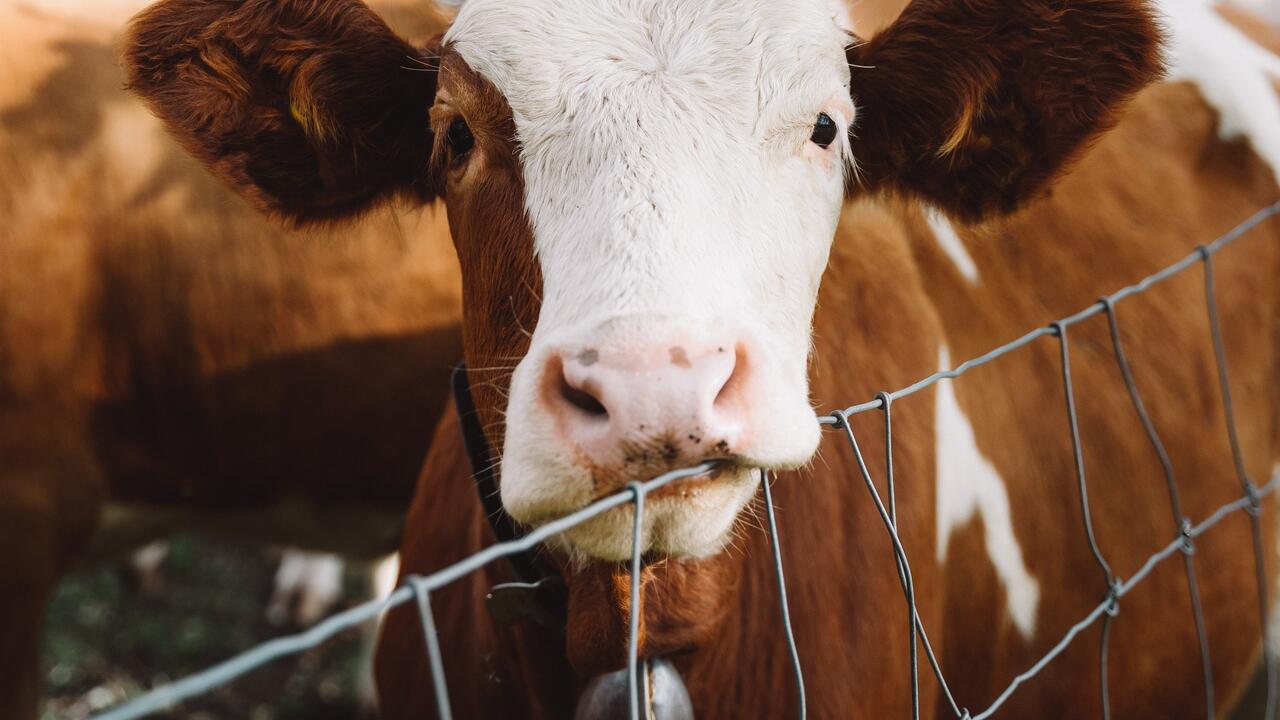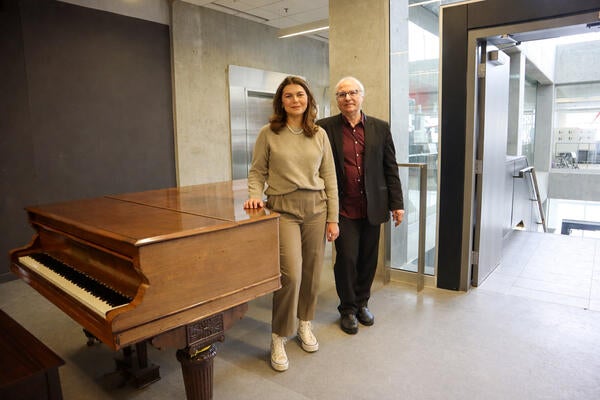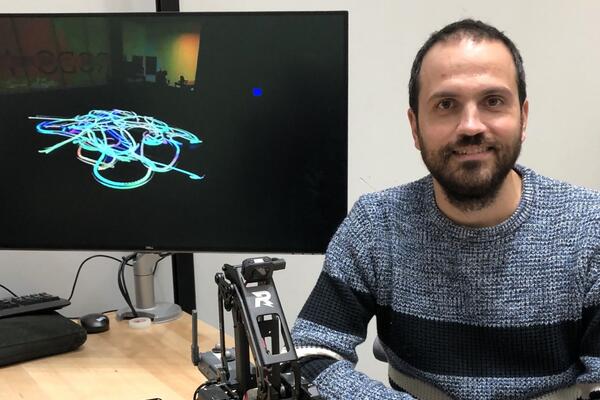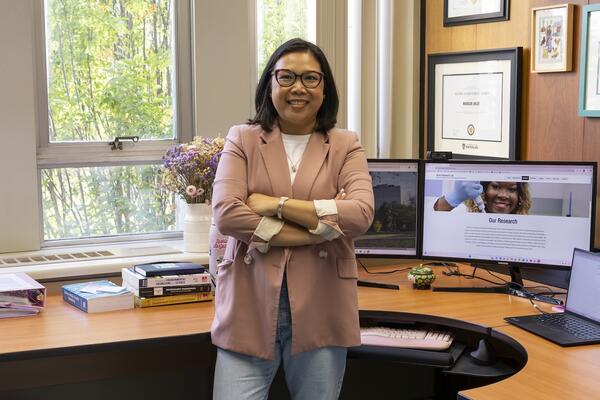
High-risk, high-reward research
Manure-to-energy study and three other projects led by Waterloo Engineering profs win funding

Manure-to-energy study and three other projects led by Waterloo Engineering profs win funding
By Brian Caldwell Faculty of EngineeringFour high-risk, high-reward research projects led by Waterloo Engineering professors were awarded a total of $1 million in federal funding this week.
Each of the projects is eligible for up to $250,000 over two years under the New Frontiers in Research Fund 2020 Exploration program, which brings researchers from different disciplines together to pursue breakthrough ideas.
The engineering-led projects at Waterloo – six projects were approved campus-wide – are headed by Nandita Basu of civil and environmental engineering, Boxin Zhao and Luis Ricardez-Sandoval of chemical engineering, and Oliver Schneider of management sciences.
Basu, also a professor of earth and environmental sciences, will investigate the improved use of agricultural waste as both a fertilizer and an input to biogas energy systems, then quantify the impact on water quality and greenhouse gas emissions.
“By directly exploring the interconnections between water quality, environmental change and energy sustainability, we are challenging the current research paradigm, and offering a solution pathway to more efficient allocation of our most vital resources,” she said in a media release.
Basu’s collaborators from Waterloo include civil and environmental engineering professors Rebecca Saari and Bryan Tolson.
The project led by Zhao will investigate and develop innovative ways to resolve the problem of microplastics pollution. His team also includes chemical engineering professor Bill Anderson.
Ricardez-Sandoval’s work involves the use of machine learning and chemical engineering to develop an optimization-based framework for renewable energy conversion systems. Chemical engineering professors David Simakov and Aiping Yu are also members of the team.
Schneider is leading research on the development of virtual reality environments and interfaces that are guided by social justice so the voices of people in marginalized communities can be heard.
Across the country, 117 interdisciplinary projects were approved for funding.
“Research that takes great risks advances the way we think about the issues that impact Canadians,” François-Philippe Champagne, the minister of innovation, science and industry, said in the release.
Photo by Alex Azabache from Pexels.

University of Waterloo researchers Olga Ibragimova (left) and Dr. Chrystopher Nehaniv found that symmetry is the key to composing great melodies. (Amanda Brown/University of Waterloo)
Read more
University of Waterloo researchers uncover the hidden mathematical equations in musical melodies

Read more
Robots the size of a soccer ball create new visual art by trailing light that represents the “emotional essence” of music

Read more
Waterloo prof leads a team of researchers to improve water quality through a community-focused approach underpinned by technical excellence
The University of Waterloo acknowledges that much of our work takes place on the traditional territory of the Neutral, Anishinaabeg, and Haudenosaunee peoples. Our main campus is situated on the Haldimand Tract, the land granted to the Six Nations that includes six miles on each side of the Grand River. Our active work toward reconciliation takes place across our campuses through research, learning, teaching, and community building, and is co-ordinated within the Office of Indigenous Relations.